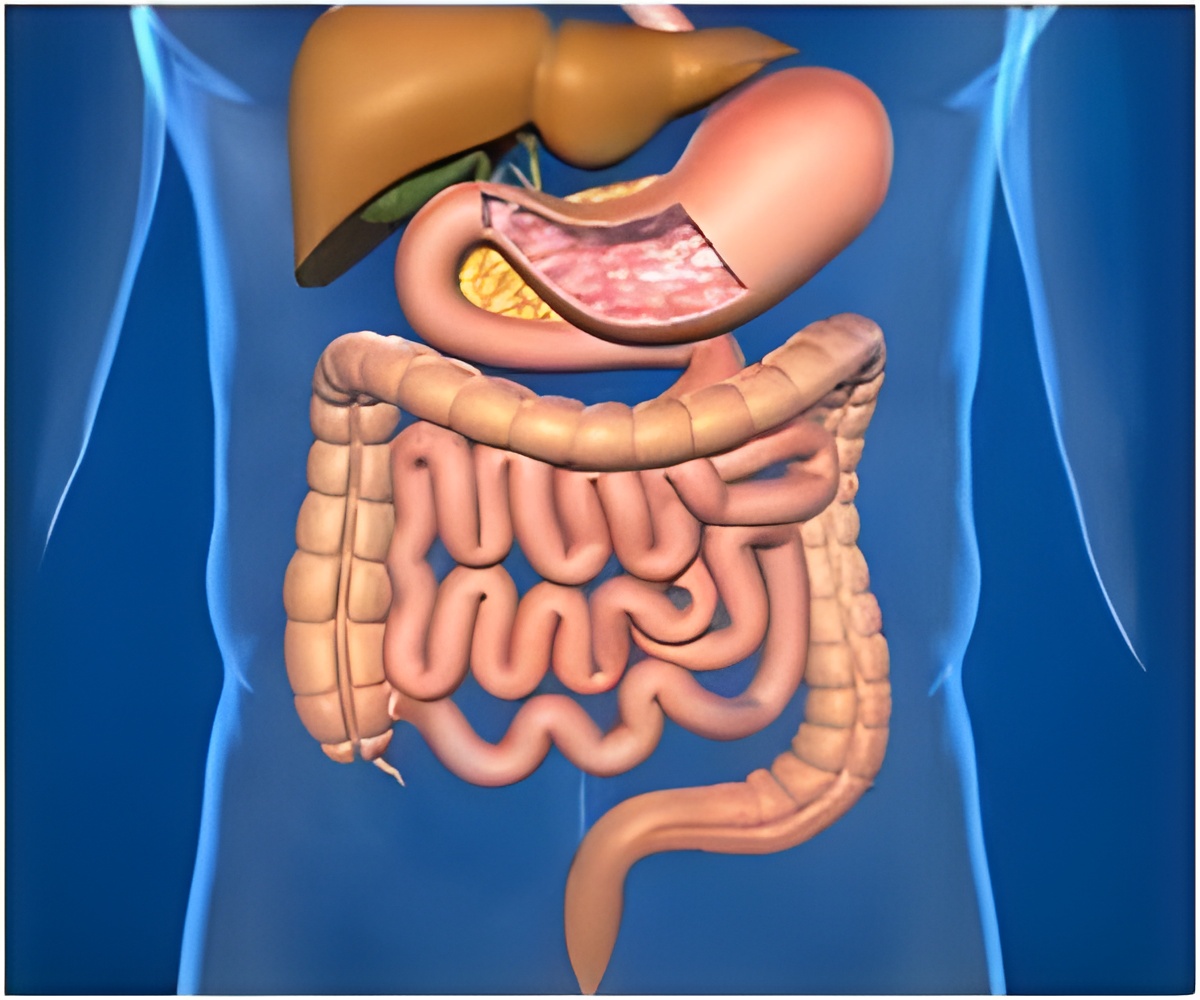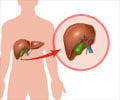The risk of developing hepatocellular carcinomas (HCC) is high among those who have a definite history of liver cancer in their families.

Liver cancer ranks sixth in incidence and the third cause of mortality worldwide.
According to the World Health Organization (WHO) liver cancer was responsible for 700,000 deaths in 2008, with HBV and HCV accounting for 78 percent of all cases of HCC.
A vaccine for HBV has been available since 1982; however prior studies have shown familial clustering of HCC in East Asia where HBV is common. While medical evidence reports family history to be related to HCC risk, little is known of this relationship in non-Asian populations.
"There is a high incidence of liver cancer in southern Italy which is likely a result of a higher frequency of HCV in this area," explained Professor Carlo La Vecchia from the Istituto di Ricerche Farmacologiche "Mario Negri" and the University of Milan in Italy.
"Our study investigated the relationship between family history and liver cancer in a Western population," he stated.
Advertisement
The control group included patients admitted to hospital for conditions not related to tumours. Analysis of data on family history and liver cancer updated to April 2011 was also performed.
Advertisement
Family history of liver cancer was associated to HCC risk after adjusting for chronic HBV and HCV. Compared to subjects without family history of liver cancer and no chronic HBV and HCV, researchers reported an odds ratio of 73 for those with both risk factors, indicating a 70-fold increased risk of developing HCC.
"Our findings confirm that individuals with a positive family history of liver cancer have three times higher risk of developing HCC," noted Professor La Vecchia.
"Monitoring individuals with family history, particularly those with hepatitis markers, could help to identify HCC at an earlier stage, and hence potentially reduce mortality from HCC," he suggested.
The findings were published in the May issue of Hepatology, a journal of the American Association for the Study of Liver Diseases.
Source-ANI














